Are Covid infections in schools holding back the national recovery?
Rising case numbers in children and people aged 65 and over could lead to more hospitalisations
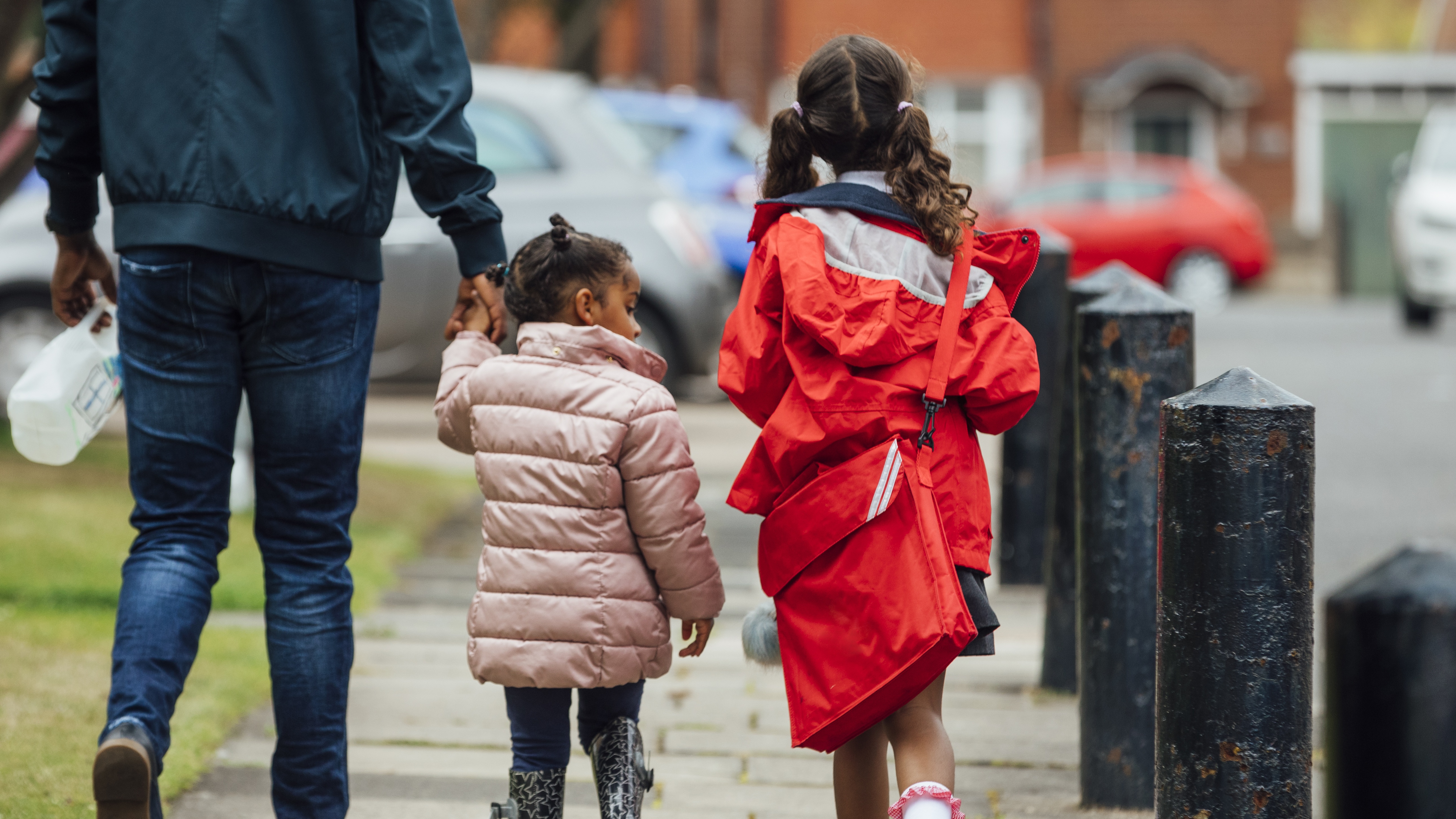
A free daily email with the biggest news stories of the day – and the best features from TheWeek.com
You are now subscribed
Your newsletter sign-up was successful
Omicron infections are being driven up by schoolchildren’s return to the classroom this month and could lead to another surge in adults, scientists have warned.
The latest results from the REACT-1 study, which took more than 100,000 random tests from people in England aged five and over between 5 and 20 January, found that the infection rate in primary-aged children was 7.8% “and rising”, reported Sky News.
Professor Christl Donnelly, from the WHO Collaborating Centre for Infectious Disease Modelling at Oxford University and one of the study’s researchers, said the rising infections could increase the risk of catching Covid-19 for families whose children are attending school.
The Week
Escape your echo chamber. Get the facts behind the news, plus analysis from multiple perspectives.

Sign up for The Week's Free Newsletters
From our morning news briefing to a weekly Good News Newsletter, get the best of The Week delivered directly to your inbox.
From our morning news briefing to a weekly Good News Newsletter, get the best of The Week delivered directly to your inbox.
“As someone with a child who goes to school, that is a potential risk factor for the rest of the family,” she told Sky News. “But there has already been a lot of transmission among adults and a lot of vaccination as well.”
The study found that rates in adults were falling, with people over 75 the least likely to have Covid at 2.4%.
However, the opposing trend in younger people means that “across the population infections decreased at first but have since begun to level off at what is still a high rate”, said the broadcaster.
Around 1 in 23 people in England were infected with the Omicron variant in January, according to the study, said New Scientist, “suggesting cases of infection remain very high across the country”.
A free daily email with the biggest news stories of the day – and the best features from TheWeek.com
Of the 100,607 PCR test results taken, 4.4% gave positive results representing a “three-fold increase in the positivity rate compared to December”, said the science magazine.
Paul Elliott, of Imperial College London, a co-author of the study, said that the “rapidly increasing prevalence among children now they are back at school” was of particular concern. He was also worried that the rates across older ages had stalled at a high rate.
Pupil and teacher absences
According to the latest data for England, 15,000 pupils (5.1%) were absent for Covid-related reasons on 20 January, up from 3.9% on 6 January, reported the BBC.
And over the same period, 4.5% of teachers and leaders were also absent due to Covid-19, with a quarter of schools experiencing absence rates “above 15%”, said the broadcaster.
In Scotland, on 21 January, 30,238 students (4.4%) were missing from school for Covid-related reasons, while 9% of teachers and 11% of classroom assistants in schools were absent due to Covid in Northern Ireland.
Staffing levels across schools could make it increasingly difficult for them to stay open, although Education Secretary Nadhim Zahawi has said he will do “everything in his power” to protect education and keep schools open.
All UK schools must currently offer face-to-face teaching to every year group, as well as provide online learning for pupils who are absent or isolating, with some Covid measures still in place. In England, the requirement to wear masks in the classroom has been scrapped for secondary school pupils, and will no longer be required in communal areas from today.
Before Omicron, studies found inconclusive evidence over the effectiveness of school closures in reducing transmission, said Fiona Russell, senior principal research fellow at the University of Melbourne, and Robert Booy, senior professorial fellow at the University of Sydney, on The Conversation.
“And with Omicron infection currently existing in all settings, it is uncertain school closures will be effective in combating its spread,” they wrote.
In a British Medical Journal review of 3,318 articles that assessed school closures, with data from 146 countries, researchers found that evidence was “consistent with either no effect or a protective effect of school closures.
“With such varied evidence on effectiveness, and the harmful effects, policymakers should take a measured approach before implementing school closures,” said the review.
-
 Tourangelle-style pork with prunes recipe
Tourangelle-style pork with prunes recipeThe Week Recommends This traditional, rustic dish is a French classic
-
 The Epstein files: glimpses of a deeply disturbing world
The Epstein files: glimpses of a deeply disturbing worldIn the Spotlight Trove of released documents paint a picture of depravity and privilege in which men hold the cards, and women are powerless or peripheral
-
 Jeff Bezos: cutting the legs off The Washington Post
Jeff Bezos: cutting the legs off The Washington PostIn the Spotlight A stalwart of American journalism is a shadow of itself after swingeing cuts by its billionaire owner
-
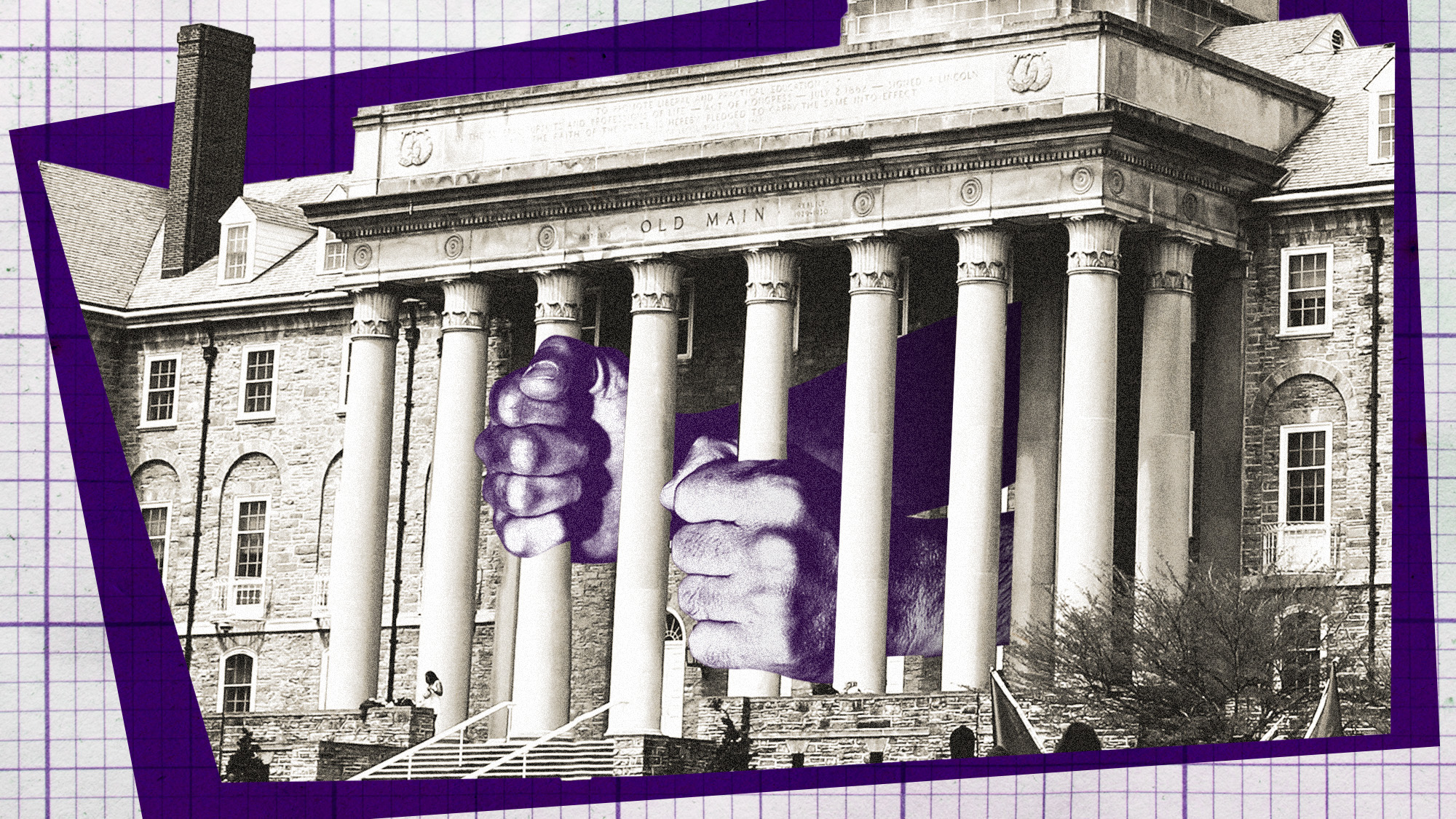 Is academic freedom in peril?
Is academic freedom in peril?Today's Big Question Faculty punishments are on the rise
-
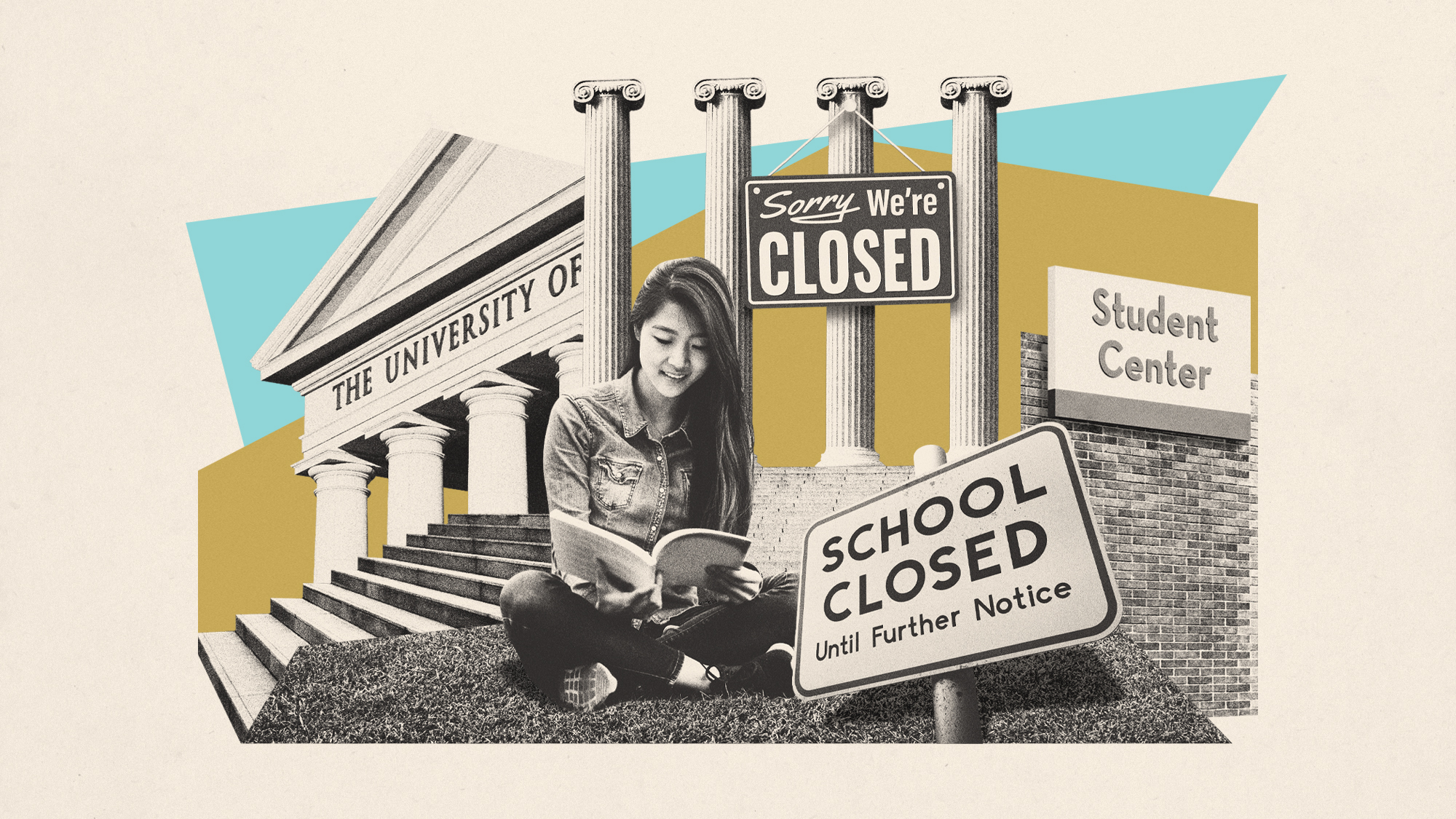 Why are so many colleges closing?
Why are so many colleges closing?Today's Big Question 'Enrollment cliffs' and higher tuition both play a role
-
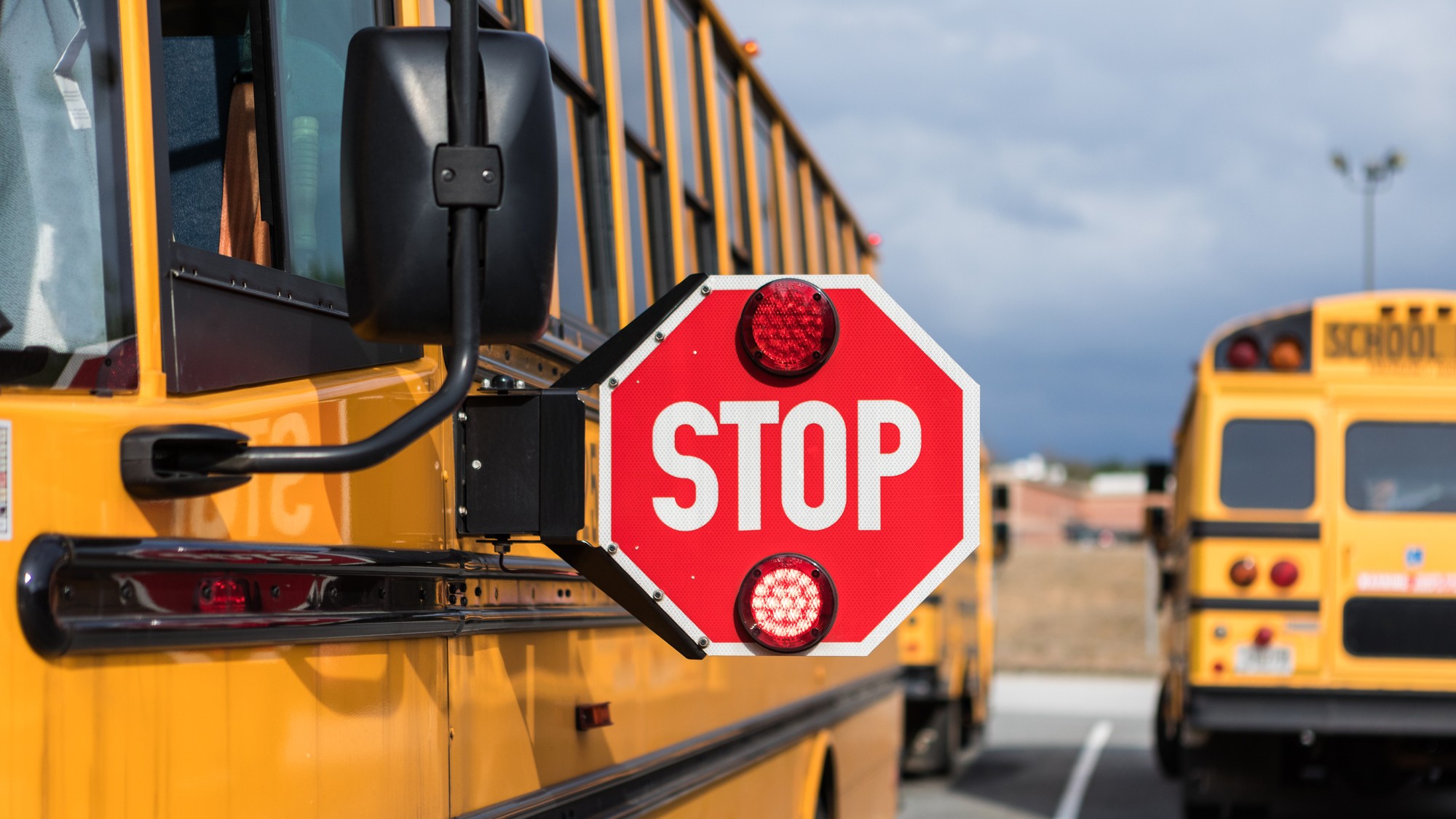 Schools are suffering from low attendance
Schools are suffering from low attendanceUnder the radar But students are suffering even more
-
 Can British universities keep up with global rivals?
Can British universities keep up with global rivals?Today's big question UK is losing ground to competitors, with China edging up the rankings
-
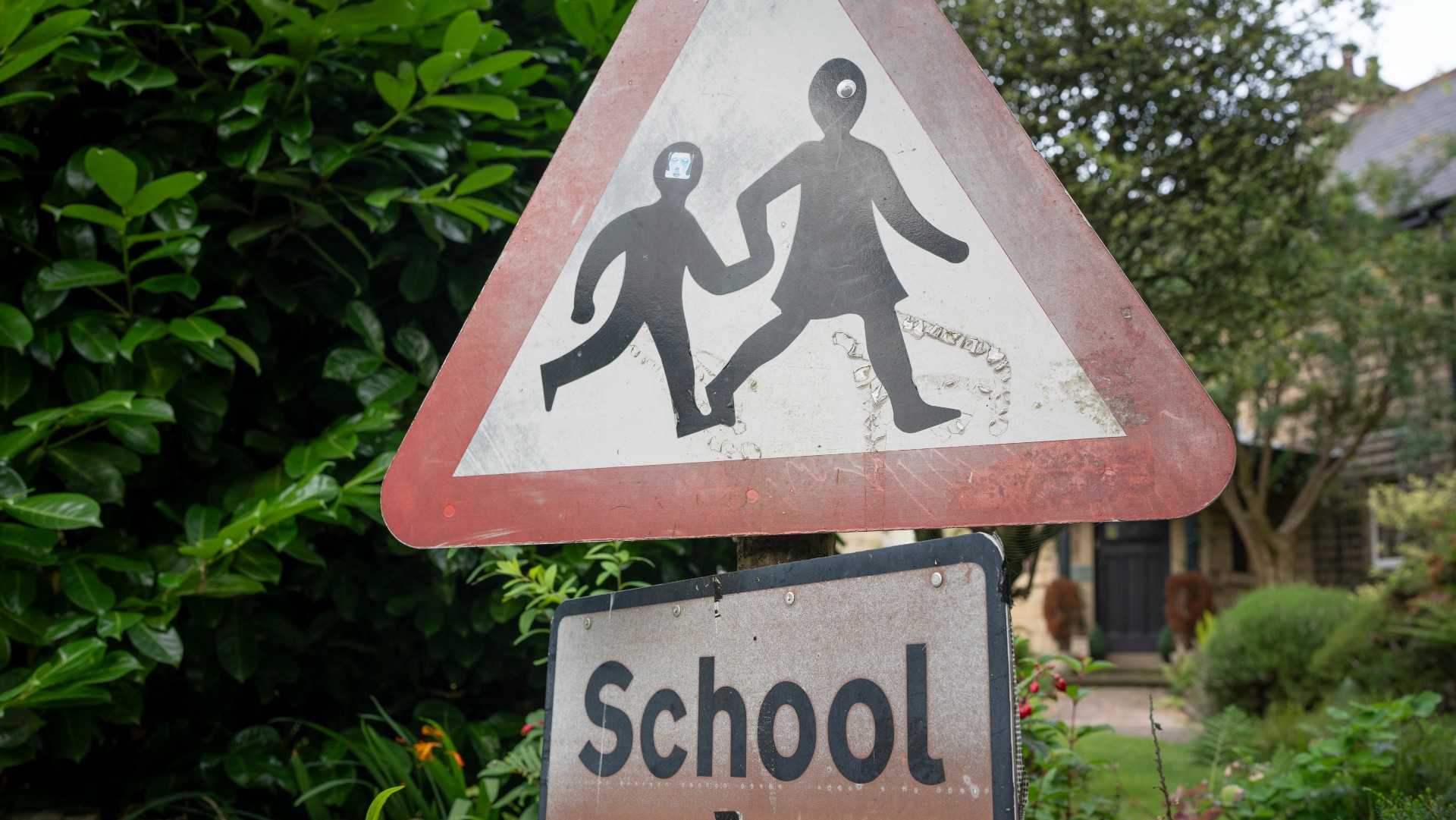 Can England fix its crumbling schools?
Can England fix its crumbling schools?Today's Big Question Government hurriedly orders school closures, relocations and urgent repairs due to fears over unsafe concrete
-
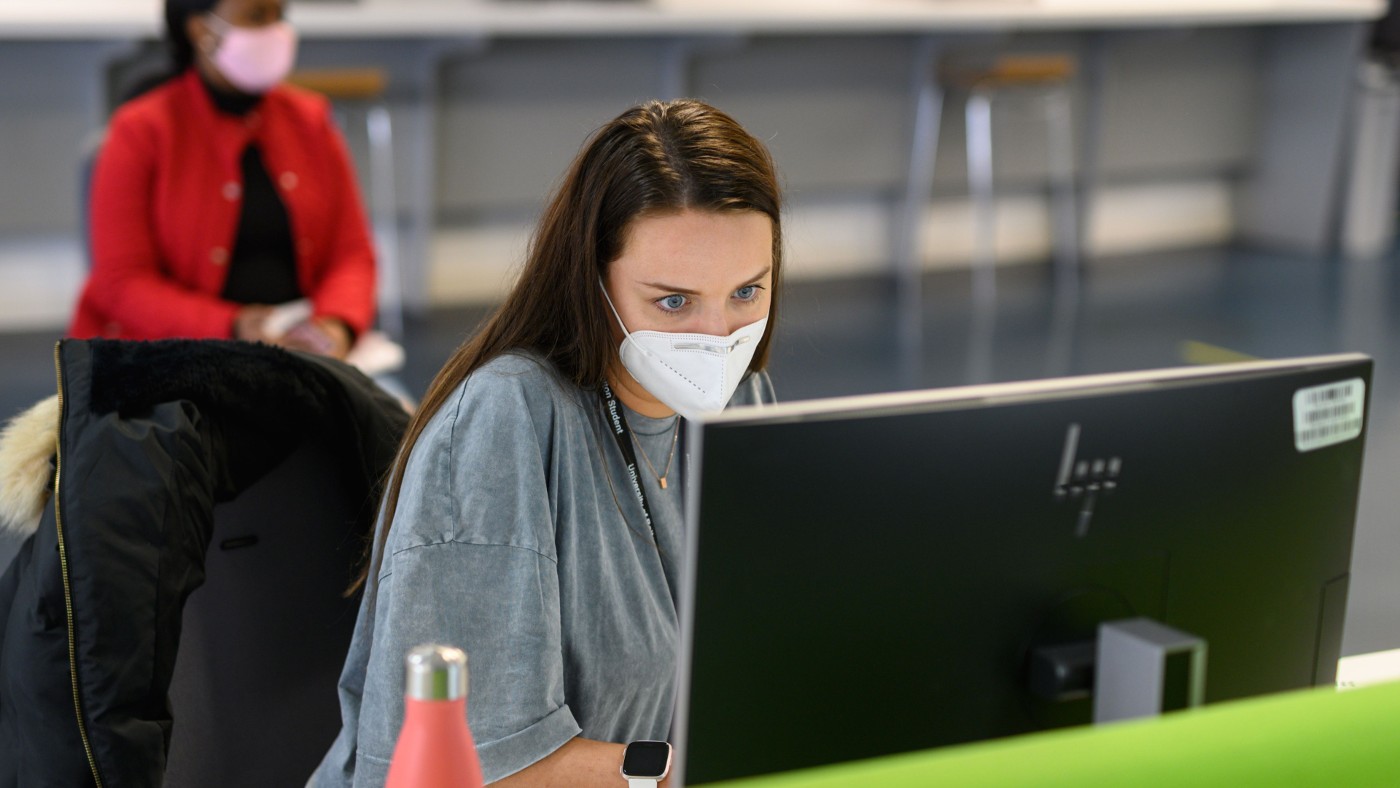 The UK students taking on universities over Covid disruption
The UK students taking on universities over Covid disruptionfeature Claimants say they received poor service and felt like ‘lowest form of life in food chain’
-
 How can US students recover from pandemic learning loss?
How can US students recover from pandemic learning loss?Today's Big Question Test scores in math and reading are still dropping
-
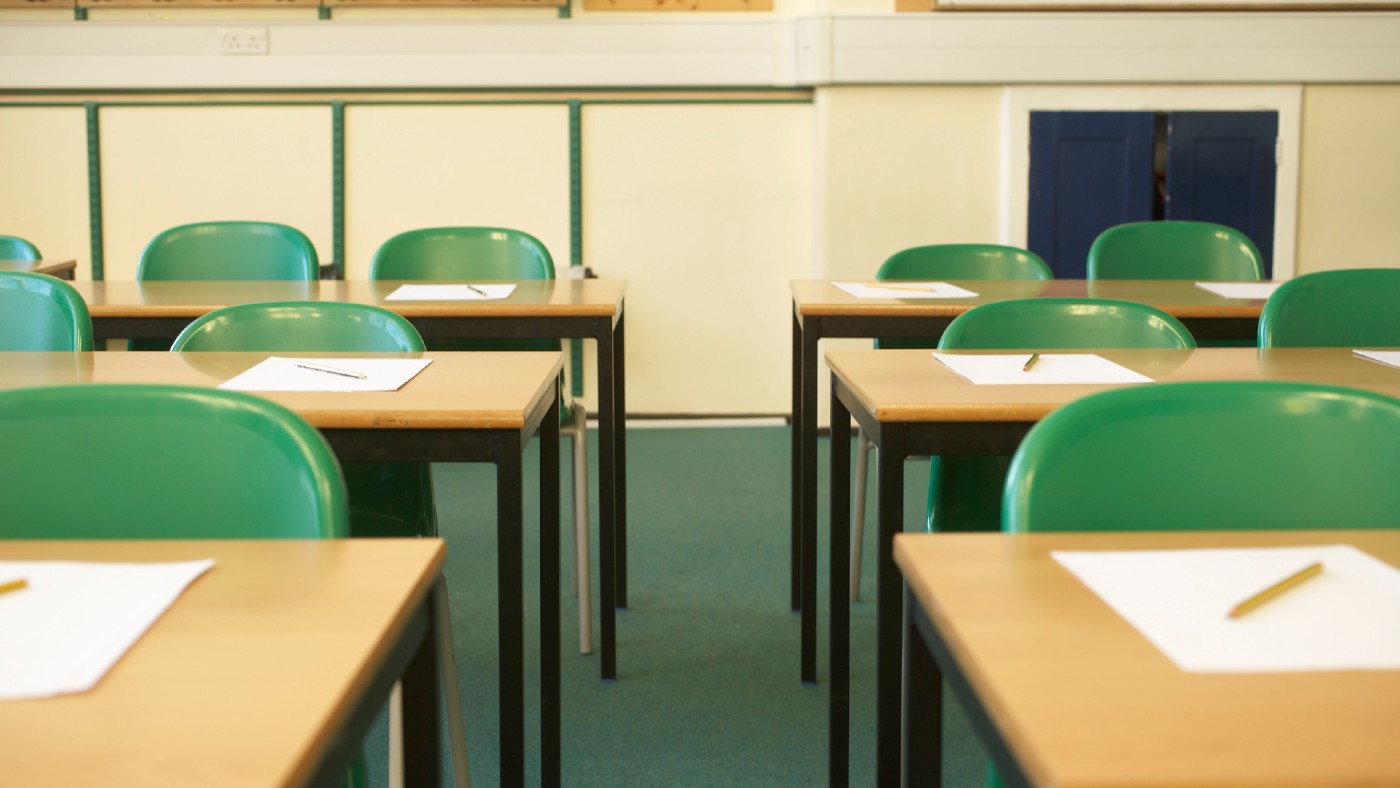 Teachers’ strike: testing the limit of public sympathy?
Teachers’ strike: testing the limit of public sympathy?Today's Big Question Confirmation of industrial action at schools from next month will have left families in state of ‘despair’